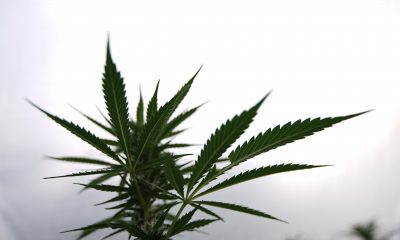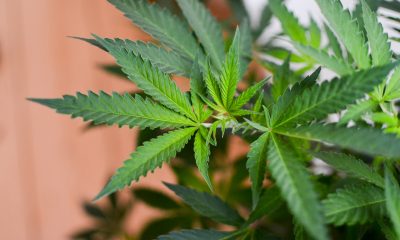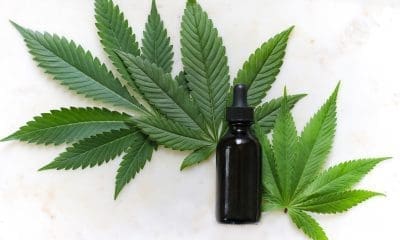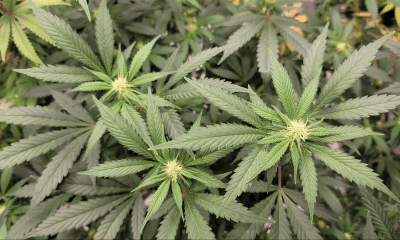Politics
Federal Health Agencies Say Researchers Should Test Marijuana From Dispensaries
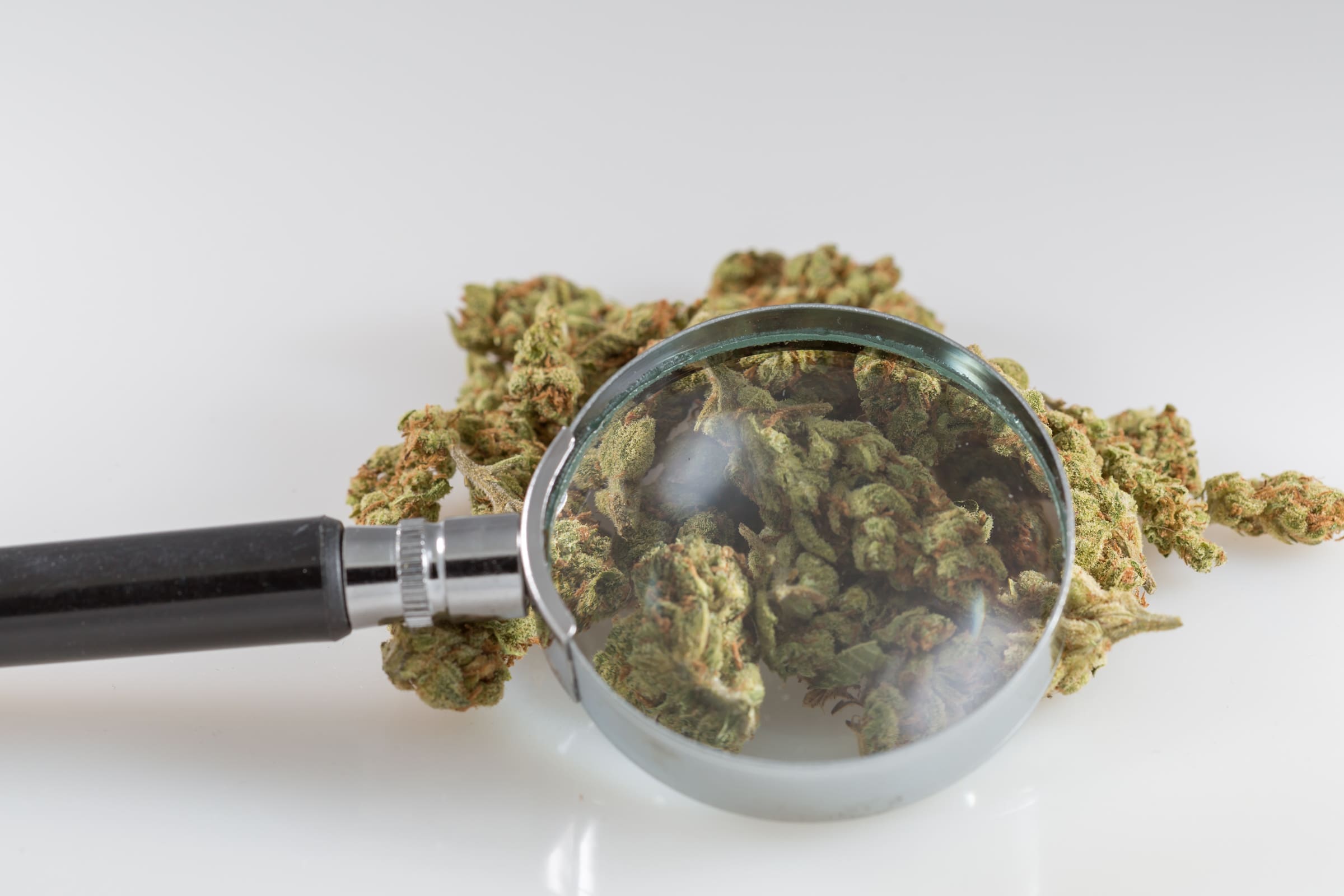
The National Institutes of Health (NIH) and Food and Drug Administration (FDA) said that researchers should be able to obtain marijuana from state-legal shops, instead of having to rely exclusively on cannabis from the federal government to study the plant.
In a letter the federal agencies sent to Sen. Brian Schatz (D-HI) late last month, NIH and FDA discussed how federal prohibition inhibits marijuana research in a variety of ways, and that includes limiting the diversity and quality of research-grade cannabis.
Studies have shown that marijuana cultivated at the nation’s only cannabis farm licensed by the National Institute on Drug Abuse (NIDA) more closely resemble hemp than commercially available marijuana, which the agencies said creates “a significant gap in our understanding of these products.”
The letter, first reported by Politico, came in response to an inquiry Schatz sent in March, requesting information about their clinical research agendas, the “impacts of regulatory barriers for cannabis research” and any recommendations they had to improve the the “quality and validity of cannabis research.”
The senator, who also elicited a separate reply from NIH and FDA on the status of research into psychedelics earlier this year, expressed particular interest in studies looking at the pain relieving potential of cannabis and its use as an alternative to prescription opioids.
After discussing work that’s already been done on marijuana research and their support for the development of cannabis drug development, Acting FDA Commissioner Norman Sharpless and NIH Director Francis Collins wrote that they agreed with the senator that more clinical studies should be done. Ongoing research they pointed to includes investigations into “how local policies around both cannabis and opioids contribute to the use of both retail marijuana and prescription opioids within a particular jurisdiction” and studies looking at cannabis as a possible offramp from “controlled substances like opioids.”
They also recognized that federal prohibition has inhibited such research efforts.
“A larger body of rigorous research, including on cannabis and cannabinoid products that are already in use or that could be developed into FDA-approved medications, is key to furthering our understanding of their potential medical benefits and risks,” NIH and FDA said, adding that there are “a variety of barriers to conducting research on cannabis and cannabinoids.”
“First, through a contract with the University of Mississippi, which is the only entity registered with the Drug Enforcement Administration (DEA) to cultivate marijuana for research purposes, NIDA is the only source of marijuana permitted for use in research, thereby limiting the diversity of products and formulations available to researchers and slowing the development of cannabis-based medications,” they said.
Due to the limitations associated with cultivating all research-grade cannabis at a single facility, NIH and FDA said they “support licensing additional entities to supply cannabis, including extracts and derivatives, to legitimate researchers and drug product developers in the United States.”
Sharpless and Collins said “another barrier to advancing cannabis research is that, under federal law, researchers are unable to purchase strains of marijuana or products containing marijuana from state dispensaries (even with non-federal funds), resulting in a significant gap in our understanding of these products and their impact on health.”
“NIH and FDA support enabling researchers holding Schedule I licenses for marijuana to obtain products from state authorized dispensaries,” the health officials wrote. “Such products could be used for basic or clinical research, provided such materials to be used in clinical studies also comply with FDA chemistry, manufacturing, and control requirements for materials to be used in research conducted under an investigational new drug application.”
They added that licensing “additional entities to supply marijuana may improve the diversity of research products that more closely reflect what is currently consumed.”
DEA announced that it would be accepting application for additional cannabis manufacturers three years ago but has yet to act. Last month, in response to a lawsuit filed by one of the applicants, the agency said it would be taking steps to accept those applications, though it declined to offer a timeline.
Whether it is through new authorized facilities or access to commercial cannabis shops, researchers and policymakers alike have made clear that there’s a need for a greater diversity of marijuana products so that research on the plants benefits and risks reflects the realities of what consumers and patients are using.
Yet as recently as last month, the head of the nation’s only federal marijuana farm raised eyebrows after stating in a podcast interview that cannabis containing just eight percent THC—a much lower concentration than what is typically available in dispensaries—is too high and that he doesn’t understand why “people want to smoke or use 20 percent or 15 or 18 or any of those high amounts.”
NIH and FDA said that the “continued placement of marijuana in Schedule I of the Controlled Substances Act creates significant administrative and cost challenges that slow this research and may deter scientists from pursuing cannabis research altogether” and that they “recommend streamlining the process for conducting research with cannabis and other Schedule I substances.”
Read Schatz’s March letter on marijuana research and the federal response below:
FDA And NIH On Marijuana by Marijuana Moment on Scribd
Former FDA Head Hints Feds Should Regulate Marijuana To Protect Public Health
Photo by Sam Doucette on Unsplash.






